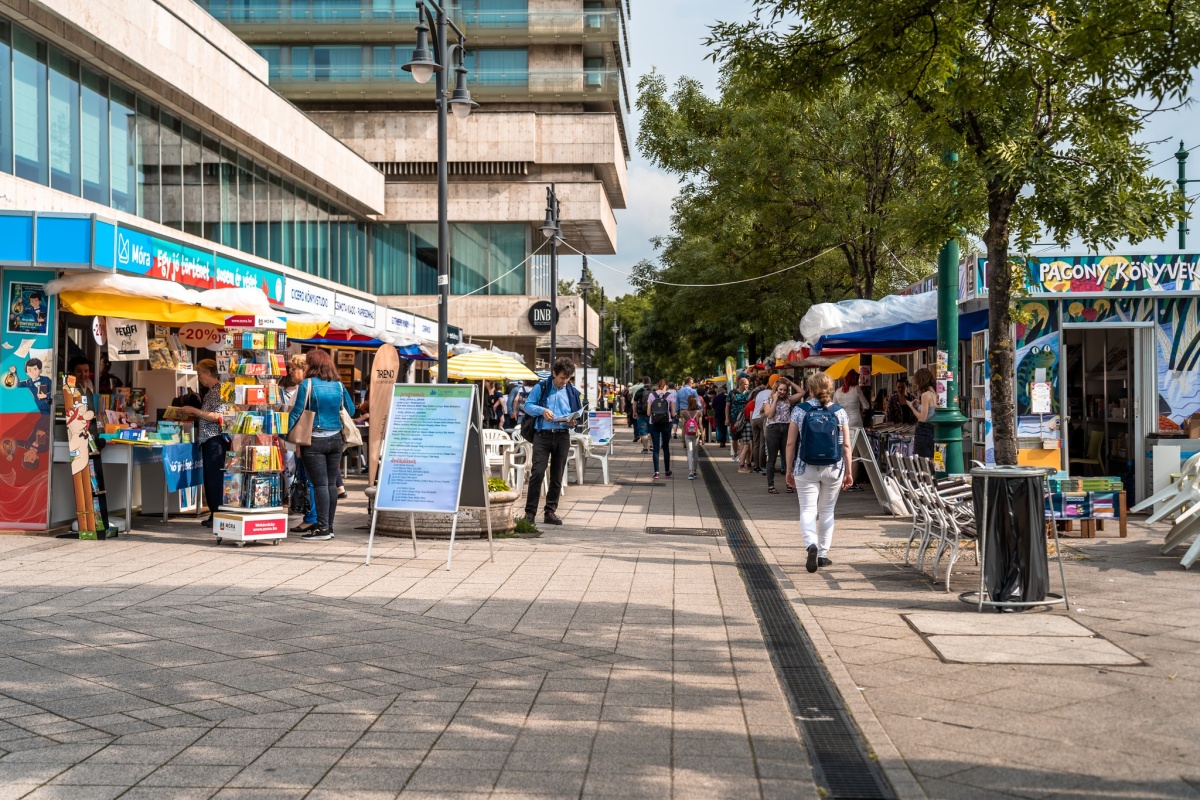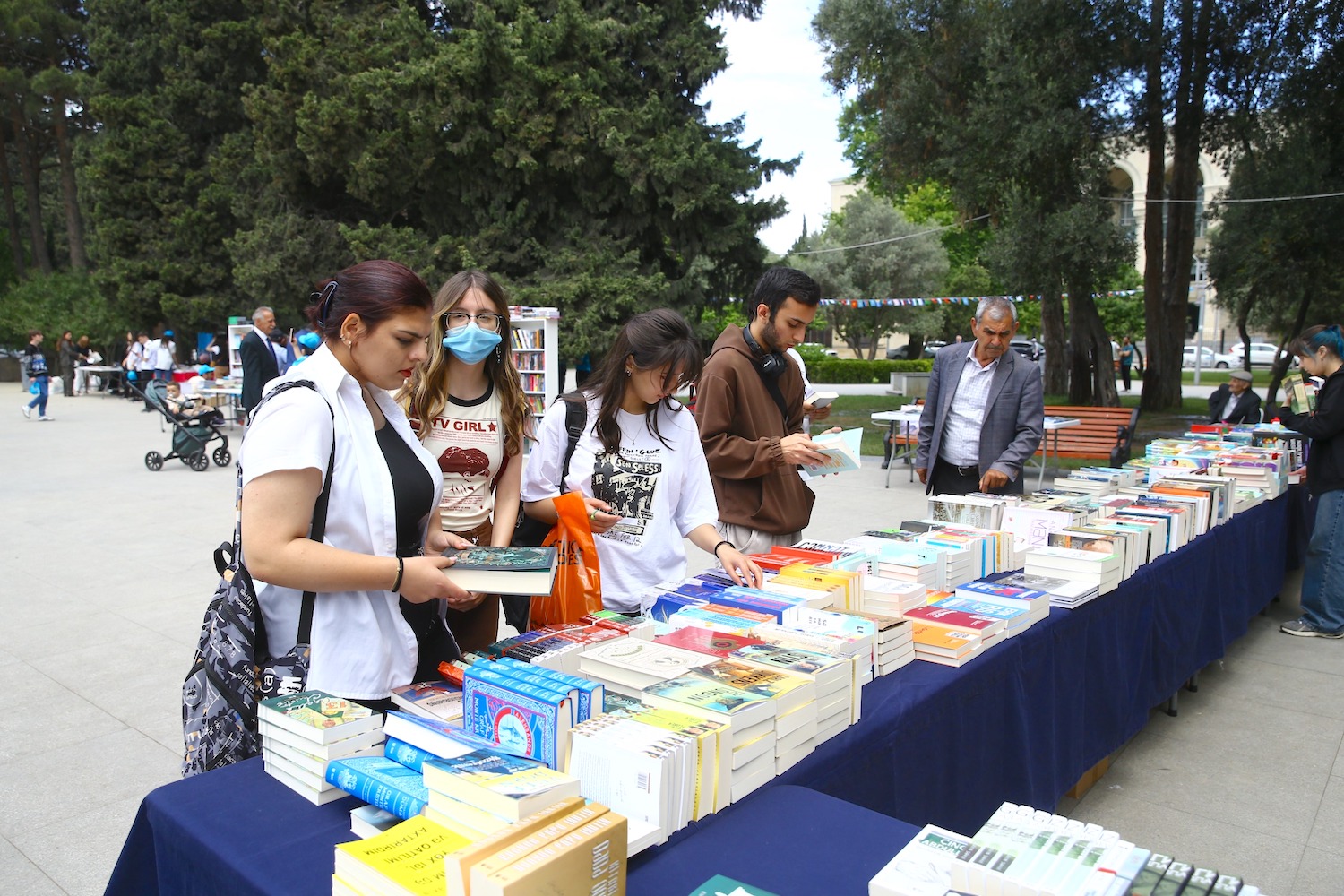
The event takes place at the Vörösmarty and Vigadó squares from June 11 to 16.Continue reading

Among seven other countries, Hungary was also represented at the Third Literature and Books’ Festival of the Turkic World, reports Index.
The Third Literature and Books’ Festival of the Turkic World was recently held in Baku, Azerbaijan. This year’s eight-day program was dedicated to one country each day – Kyrgyzstan, Uzbekistan, Hungary, Kazakhstan, Azerbaijan, Türkiye, Turkmenistan and the Turkish Republic of Northern Cyprus.
“The first festival was three days, the second festival was seven days, this year’s festival is eight days, and we want to keep it that way in the future: highlighting and presenting one country each day. I also plan to include film art: a film screening at the end of each day, with an audience meeting,” said Khayal Rza, the festival’s project leader. He plans to make Baku not the only venue of the festival in the coming years.
Our ambition is to organize it in different countries, such as Kazakhstan, Uzbekistan, Kyrgyzstan, Turkey, or even Hungary, the countries we have invited to participate this year.”
Poet Dániel Levente Pál told Index that “after our presentation, the director of a prestigious Azeri publishing house was waiting for us and said he liked my ballads so much that he would like to publish them and gave us his business card.” For the Hungarian poet, it was a special experience to see the respect that poets and writers enjoy in Baku and Azerbaijan. “It was not only in the literary museum that people were enthusiastic about meeting a foreign poet, but also in restaurants, cafés and even shops.”
At the festival, Szonja Emese Schmidt, a turkologist and literary translator, was awarded the Molla Penah Foundation for Culture and Art of the Turkic World Prize.
She said that Azerbaijan, like other Turkic peoples, considers Hungarians as brothers and sisters, and those she met in Baku all emphasized our kinship and the similarities between the two languages. “Today, two young literary figures have taken up the cause of Hungarian literature, and hopefully, thanks to them, although still translating from an intermediary language, we can expect more modern and contemporary authors to be published,” he said.
After the ‘Hungarian day’, Kyrgyz prose writer and journalist Rizvan Ismailova praised Sándor Petőfi. She said the Hungarian poet is at the top of the world’s poetry. Rana Jahangirli, a researcher and literary translator with a PhD on Hungarian-Azeri literary relations, translated Magda Szabó’s novel The Door. At the event, she was struck by the richness of cultural relations between the two nations and how far back they go. Poet and academic Ramil Ahmedov is a great fan of Hungarian literature and is currently translating the works of Bálint Balassi. He hopes this festival will help deepen the links between the two cultures.
Via Index, Featured image: turksoy.org